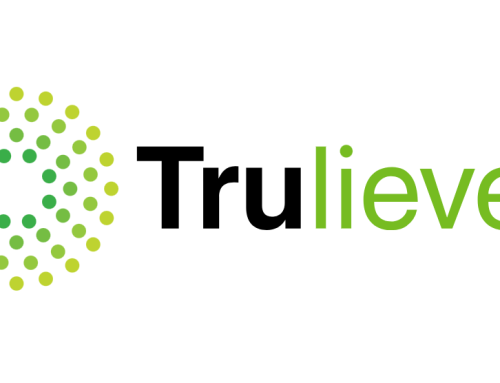Financial Analysis Estimates North Carolina Could Generate $65 Million Annually from Proposed Medical Cannabis Market
LOS ANGELES– A financial analysis conducted by HedgeRow Analysis reveals that if Senate Bill 3, also known as the North Carolina Compassionate Care Act, is approved, the state could generate nearly $65 million in annual tax revenue from the proposed medical cannabis market. The analysis suggests that once the market reaches full maturity, annual sales could reach $648 million.
According to HedgeRow’s calculations, these projected sales figures would surpass the annual sales of medical cannabis markets in several other states, including Arkansas, Connecticut, Minnesota, Ohio, New Jersey, North Dakota, and Utah. In its first year, the analysis estimates monthly sales of approximately $15 million, totaling around $180 million for the year.
HedgeRow’s report also indicates that rural dispensaries in North Carolina would likely generate less revenue, ranging from $5 million to $9 million annually, compared to urban dispensaries, which could see revenues between $8 million and $14 million each year.
Despite the optimistic financial outlook, Senate Bill 3 still faces significant hurdles before the legislative session concludes at the end of August. The bill must gain approval from the Republican-dominated state House of Representatives, where it is currently awaiting a hearing. However, Democratic Governor Roy Cooper has expressed his support for legalizing medical cannabis.
If the bill is signed into law as currently structured, North Carolina’s medical cannabis program would remain restrictive. The legislation allows for only 10 vertically integrated business licenses, with each license holder permitted up to eight storefront dispensaries, resulting in a maximum of 80 dispensaries statewide. Some Democrats have raised concerns about the limited market structure, as it may not provide opportunities for small businesses or craft cultivation.
Furthermore, the number of patients the market would attract is uncertain since the list of qualifying conditions does not include commonly used ailments such as chronic pain, arthritis, glaucoma, and others. The bill currently includes a limited set of “debilitating medical conditions” such as cancer, epilepsy, HIV/AIDS, ALS, Crohn’s disease, and Parkinson’s disease, among others.
As the legislative process unfolds, the fate of the North Carolina Compassionate Care Act and the potential for the state’s medical cannabis market will become clearer.


































